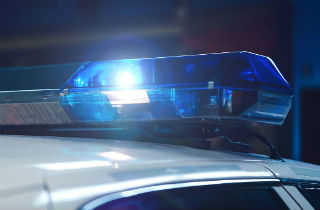What is legal alcohol intoxication?
Legal alcohol intoxication is a definition that varies across cities, states and countries. In fact, tere is no common way that legal jurisdications define what it means to be intoxicated by alcohol in public. This makes is hard to define what it actually MEANS to be intoxicated by alcohol in public.
What’s more, doctors even have problems diagnosing intoxication, because specfic blood alcohol content or alcohol consumption in and of themselves do not define intoxication. Instead, medical definitions of alcohol intoxication are linked to displays of impairment. As are legal definitions.
As a result, alcohol intoxication is rarely legally defined using scientific terms that are precise (except for blood alcohol levels that define use of a motor vehicle). This makes intoxication in public very subjective to define. In other words, law enforcement officers can and do base their decisions on whether a person is drunk or not on the BEHAVIORS associated with intoxication. This is how laws can become subject to interpretation in the hands of the police.
Yikes!
Docile vs. disruptive drunks
People who are drunk in public can be either docile or cause disruption. In disruptive cases, drunk people distrub the peace by being loud, causing fights, destruction of property, etc. And in these cases, it seems pretty clear that disruptive drunks break social code by comitting anti-social acts. But what about the docile drunks? Is the mere POTENTIAL for disorderly conduct and the ASSUMPTION that drunks in public will disturb the peace enough to arrest and charge someone for intoxication?
Is drunkenness itself a crime?
Laws exist to protect the public. But docile drunks seem to do harm to no one but themselves. So should we really punish people who are harming themselves?
Laws about being drunk enforce moral judgments
The degree to which a society can accept another person’s personal choice is the degree to which that society shows tolerance. When being drunk in public becomes a crime, simply for the sheer moral judgment that drunkenness (not the behavior associated with intoxication) is not acceptable, a society declares that it does not respect personal choice and that it will control the behavior of its people through governance. Do you endorse this? Why or why not? Your comments are welcomed and invited here!









Related Posts